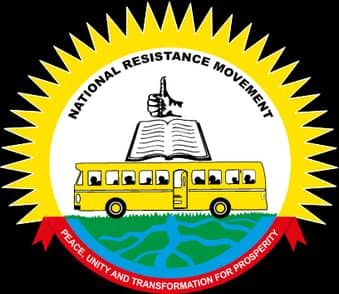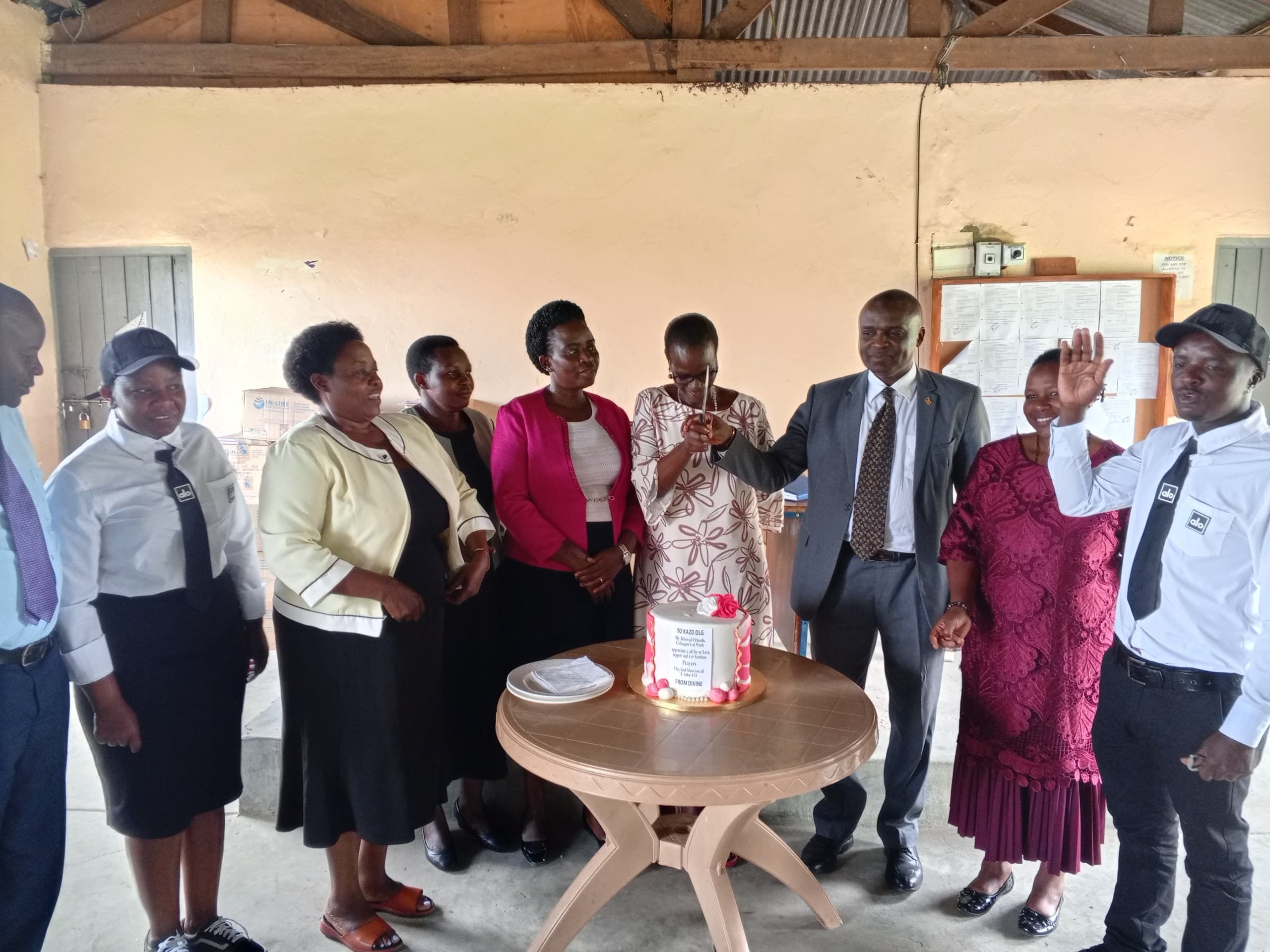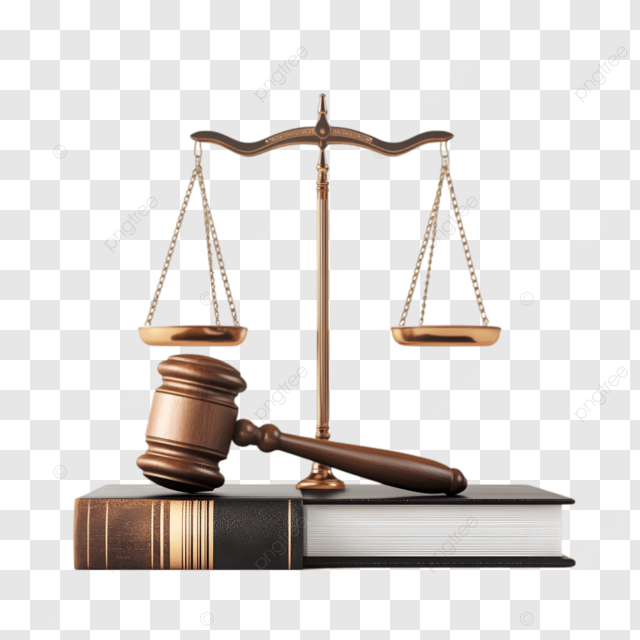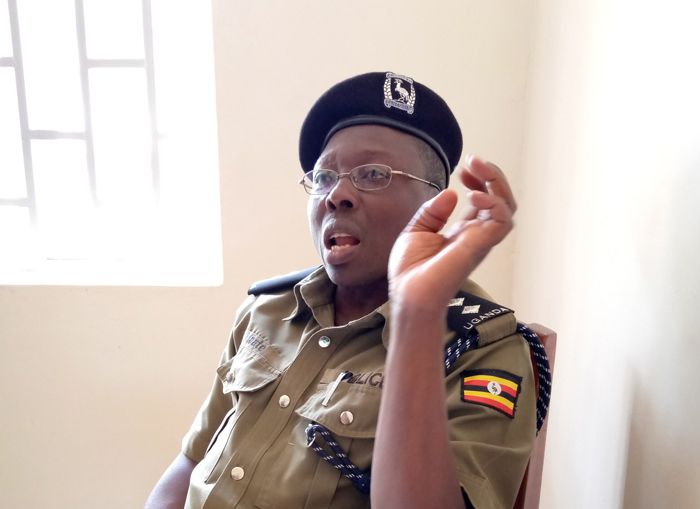Youth praised for active mobilization
The Private Secretary to the First Lady, Seth Rukurungu has praised the youth for their active participation in mobilizing support for the National Resistance Movement (NRM) ahead of the 2026 general elections. Rukurungu urged the young people to continue backing President Yoweri Museveni highlighting the government’s efforts to empower low-income youth through various Wealth Creation Programmes.
Speaking during the launch of the “Tubirindegye” Campaign for Rugarama Main Sub-county on Monday at Rugarama Archdeaconry, Rukurungu commended the youths and other NRM supporters from Ntungamo and neighboring districts for their vow to intensify campaign efforts for President Museveni and all NRM flag bearers.
The “Tubirindegye” Campaign, meaning “let’s protect them well” or “keep them safe,” was initiated by Aijuka Rodgers, director of the organization Free and Rich Uganda Ntungamo. The campaign aims to showcase the achievements of NRM since 1986 across the country emphasizing the party’s development milestones.
Rukurungu emphasized that the government plans to create more jobs by establishing additional industries, further boosting economic growth and youth employment. He also lauded Aijuka Rodgers for his efforts in disseminating NRM’s accomplishments and urged everyone to vote overwhelmingly for the party in 2026.
Aijuka Rodgers warned youths against being swayed by divisive politics based on identity, instead urging them to support President Museveni whom he described as a visionary leader and an example for many years.
Mugizi Ephraim, Chairperson of NRM in Rugarama Main Sub-county, expressed gratitude to First Lady Janet Kataaha Museveni for initiating the Tubirindegye Campaign, which he believes will significantly bolster NRM support in the region.
Saidat Muhereza, the district Lady Councilor for Rugarama Main Sub-county, highlighted that the primary goal for the youth is to safeguard peace by voting President Museveni back into power. She also urged young people to utilize the Parish Development Model (PDM) funds to improve their socio-economic status.
The youth participants reaffirmed their unwavering commitment to the core values of the ruling party, pledging to deliver massive support for President Museveni and all NRM candidates across Ntungamo and neighboring districts as Uganda heads into the upcoming elections.










